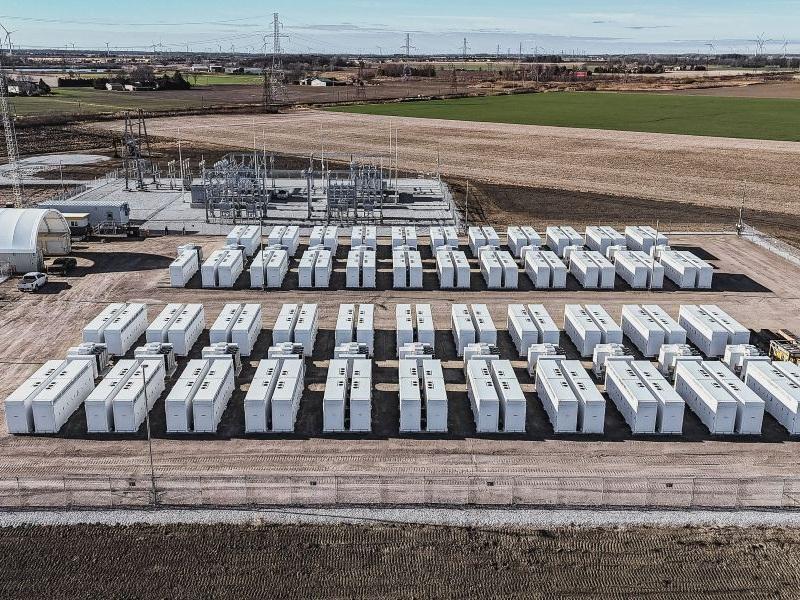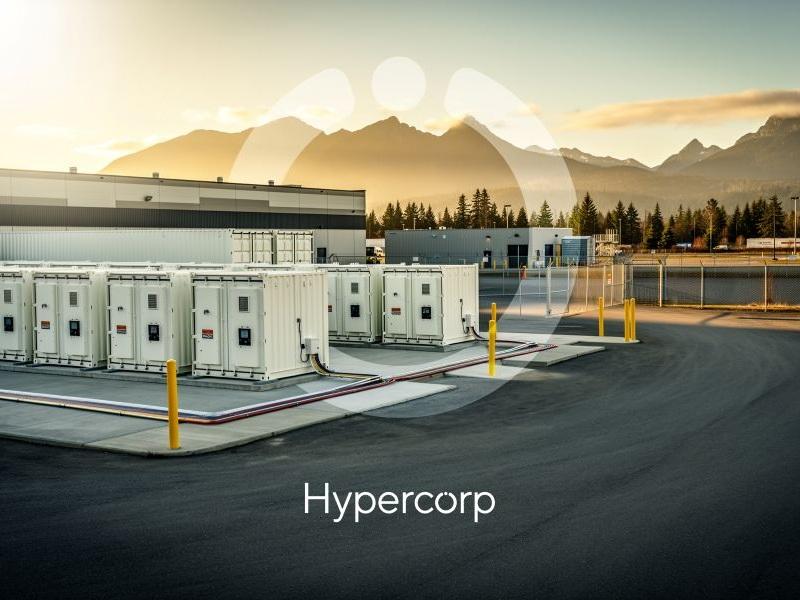
A third of Canadians would be more inclined to purchase from businesses that use electric vehicles (EVs) for deliveries, but only 13 per cent intend to buy one as their next car, according to a pair of surveys prepared for World EV Day.
The first finding comes from a poll conducted by Angus Reid on behalf of Toronto-based fleet management company Geotab, which also found some Canadians are willing to pay a premium or even wait longer if it means they can get their items delivered by an EV.
The second data point is from Leger for Turo, a car-sharing marketplace. More than eight-in-10 Canadians (81 per cent) have never been behind the wheel of an EV, and hybrid vehicles are a more popular choice as the next vehicle purchase over EVs.
Though the Canadian government has set a 100 per cent zero-emissions vehicle sales mandate by 2035 for all new light-duty vehicles, the Turo survey indicates there may be a long road ahead to mainstream acceptance for EVs, which are expected to play a pivotal role in reaching the target.
Both surveys' results are based on responses from approximately 1,500 Canadian adults.
Transportation was the second-largest source of greenhouse gas emissions in Canada per sector in 2022, according to federal government data.
Canadians inexperienced with EVs, also reluctant
Among Canadians who said they did not plan to buy an EV, the reasons varied. The top barrier was the high cost at 29 per cent, followed by range anxiety (19 per cent), lack of charging at home (13 per cent) and concerns over reliability (12 per cent).
While under half of respondents said they would buy a gas-powered car as their next vehicle and 40 per cent plan for a hybrid, an EV test drive may assuage some worries. Half of the people in the Leger survey said they would be more comfortable buying an EV if they could drive one for a few days or weeks.
Just as cost was the top factor for not buying an EV, economics were the dominant reasons for considering one. Forty per cent of all respondents cited saving on gas as why they would consider buying or leasing an EV. Environmentalism was 24 per cent. Saving on maintenance costs, the technology, the driving experience and the “cool factor” were other motives.
The trends in the survey, which found a decline in EV interest from 16 per cent last year, align with similar polling from J.D. Power and Volvo that discovered falling interest in EVs and worries over charging infrastructure, battery range and costs.
According to data from the Canadian government, zero-emissions vehicle sales are on the rise with almost 185,000 new registrations in 2023 – a 49 per cent increase from 2022. Though sales are increasing, zero-emissions vehicles only make up one to two per cent of the light and medium-duty vehicles on the roads in Canada.
EVs for deliveries
Geotab’s poll revealed Canadians are interested in supporting companies that use EVs for deliveries.
Two-thirds of respondents said commercial truck fleets should “invest in EVs where technically feasible.” Additionally, 58 per cent of Canadians were found to support government incentives for small- and medium-sized delivery companies to transition to EVs.
Younger adults showed the highest affinity for EV delivery compared to older generations. A little under half of Canadians aged 18 to 34 said they would be more likely to purchase goods from companies that use EVs for deliveries, compared to 33 per cent for people aged 35 to 54 and 24 per cent for Canadians aged 55 and older.
Some people would even pay more to have their packages delivered by an EV: 20 per cent said they would pay a small extra fee. Forty-four per cent would wait an extra day and another 44 per cent would have their delivery limited to specific days if it meant an EV would move their goods.










